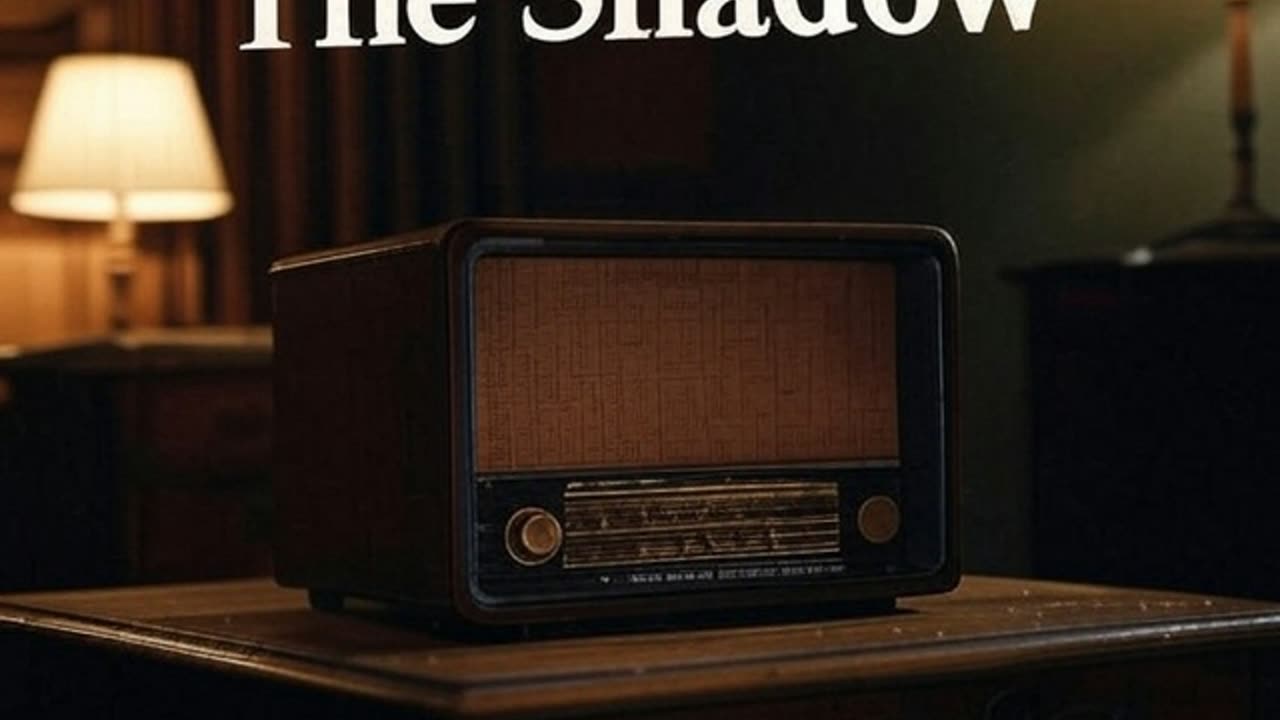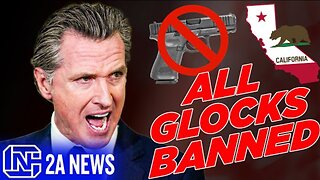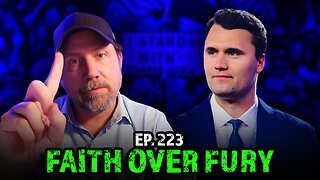Premium Only Content

The Shadow - Hounds in the Hills February 20, 1938
Episode Summary: The Shadow - "Hounds in the Hills" (February 20, 1938)
In "Hounds in the Hills," The Shadow tackles a mystery set in a remote, eerie hillside estate. Strange, menacing howls echo through the night, linked to a series of disappearances or murders. Lamont Cranston, using his alter ego’s ability to cloud minds, infiltrates the scene to uncover a sinister plot—possibly involving a deranged recluse or a criminal gang using the "hounds" as a cover for their schemes. The episode builds tension with atmospheric sound effects, culminating in The Shadow’s clever unmasking of the culprit. (No recording survives, so details are inferred from typical Shadow story structures and episode titles.)
Actors and Roles
Orson Welles as The Shadow (Lamont Cranston) and possibly Margo Lane (though her role was minimal in early episodes). Welles delivered the iconic voice of the crime-fighting vigilante with hypnotic powers.
Agnes Moorehead as Margo Lane (likely, though not always credited in 1938). She typically played Cranston’s companion, aiding in his investigations.
Supporting roles, such as villains, victims, or law enforcement, were likely voiced by regular radio actors like Kenny Delmar, Dwight Weist, or others, but specific casting for this episode is not well-documented due to the era’s limited record-keeping.
National News in the USA: Week of February 20, 1938
Economic Struggles: The U.S. was mired in the "Roosevelt Recession." Unemployment hovered around 19%, and President Roosevelt’s New Deal policies faced scrutiny. News likely covered debates over government spending and relief programs.
Global Tensions: Nazi Germany’s aggression was escalating, with Hitler’s speech on February 20 demanding autonomy for Germans in Austria and Czechoslovakia. U.S. papers reported growing fears of European conflict, just weeks before the Anschluss.
Labor Issues: Strikes persisted in industries like steel and automotive, with the CIO pushing for workers’ rights. Labor unrest was a frequent headline.
Entertainment: Disney’s Snow White and the Seven Dwarfs dominated box offices, while radio shows like The Shadow provided affordable escapism for Depression-era audiences.
-
 1:17:35
1:17:35
Man in America
12 hours agoIs Starlink RIPPING Us Apart from the Inside Out? w/ Cory Hillis
41K15 -
 55:40
55:40
TheSaltyCracker
6 hours agoIdiots Chug Tylenol PT2 ReeEEStream 9-24-25
107K224 -
 5:55:01
5:55:01
Akademiks
7 hours agoYoung Thug Dissing YFN Lucci. Ready to Go back to Jail. Offset vs Cardi b
65.2K4 -
 7:07
7:07
Colion Noir
15 hours agoCalifornia Just Banned All Glocks
55.8K40 -

Adam Does Movies
8 hours ago $1.17 earnedTalking Movies + Ask Me Anything - LIVE
46K1 -
 1:23:56
1:23:56
Jamie Kennedy
6 hours agoChoosing Good in a World Gone Dark | Ep 223 HTBITY with Jamie Kennedy
38.3K6 -
 6:54:11
6:54:11
SpartakusLIVE
9 hours ago#1 Challenge CHAMPION of WZ || Ridin' The GRAVY Train w/ GloryJean
73.4K1 -

The Pascal Show
5 hours ago $1.21 earnedDISTURBING UPDATES! New Developments In The D4vd Celeste Case... Possible Celeste Sighting?!
31.4K2 -
 2:03:18
2:03:18
The Charlie Kirk Show
7 hours agoTPUSA Presents This is The Turning Point Tour LIVE with Megyn Kelly and Governor Glenn Youngkin!!
236K67 -
 1:37:35
1:37:35
Badlands Media
23 hours agoAltered State S3 Ep. 47: Epstein, DOJ Whistleblowers, and Trump’s Tightrope
53.6K5